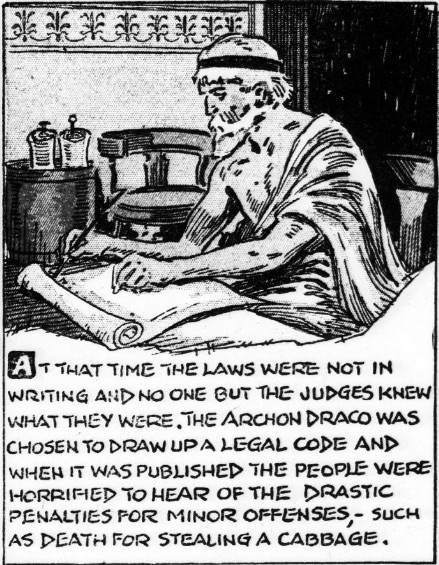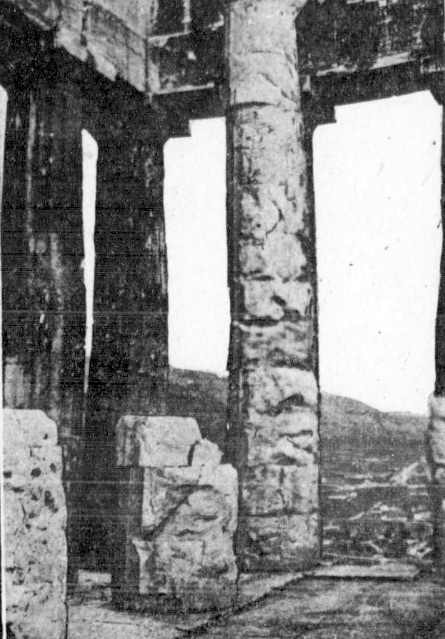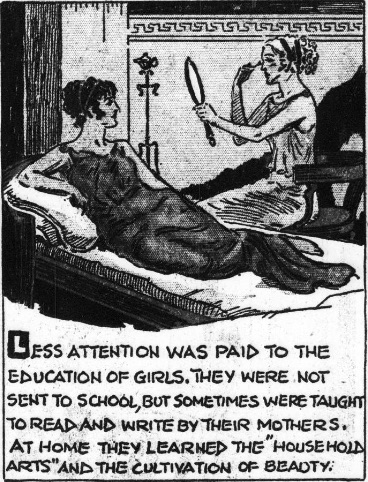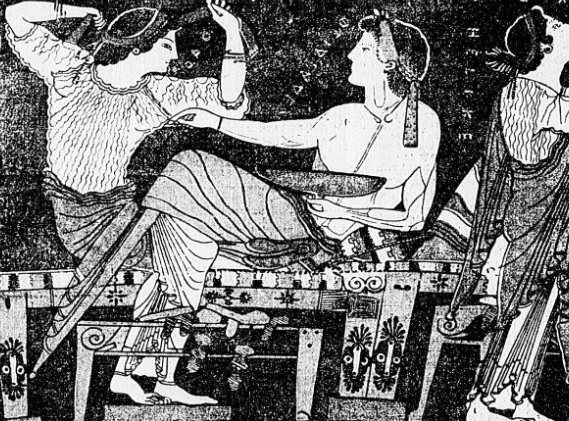
Ancient Athens, a city-state of ancient Greece, may have been the birthplace of democracy, but it was a far cry different from democratic societies of today. Only a select few of the population had any rights. Filth and diseases were rampant, and rats were healthy.

1. Slave Labor
The economy of Athens was dependent upon slave labor. These slaves were usually people abducted from their homes and countries and they were often the hostages of war. They were worked in the mines, on farms, in trades, and in the home. Without the slaves, the Athenian economy would crumble.

2. Women were Uneducated
Boys went to school to learn to read and write, but girls stayed home and learned how to be wives. Only the rich were able to have their daughters tutored in philosophy and the arts, and even then, educated daughters were not a high priority.

3. Suppressed
Besides being uneducated, women were also expected to remain inside the home at all times. Women were not allowed to go to market alone. Instead, they had to have a male relative accompany them every time they left the home. Women were also forbidden from taking part in politics.

4. Improper Worship
The city-state of Athens was involved with the religious beliefs and practices of its citizens. If a person was accused of impiety, he could be exiled or even sentenced to death. Socrates himself was accused of impiety and was sentenced to death by the city-state.
5. No Public Toilets
There were no public toilets in ancient Athens. If you had to relieve yourself, you would do so on the streets or on a wall.

6. Always Ready for War
The men of Athens always had to be ready for war. From age eighteen to sixty, men were expected to fight whenever they were called upon.
7. Provide Your Own Weapons
Soldiers had to provide their own weapons when going to war. If a citizen was too poor to buy his own weapons, he could use a sling-shot or a bow and arrows.

